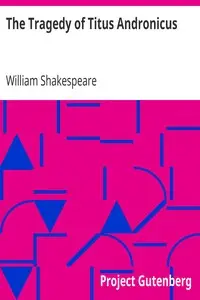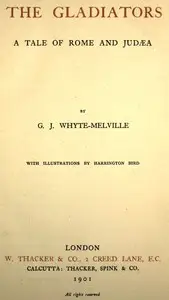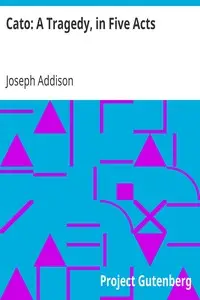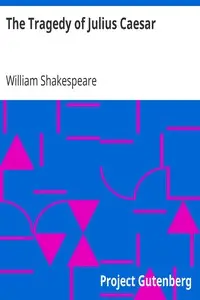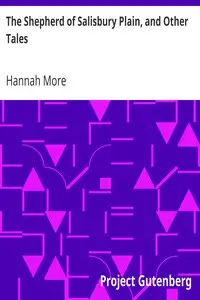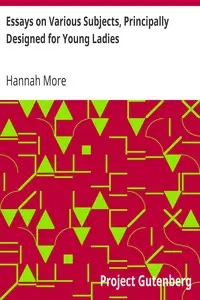"The Inflexible Captive: A Tragedy, in Five Acts" by Hannah More is a story set in ancient Rome, where Regulus, a captured Roman general during the First Punic War, wrestles with a difficult choice, and through which the play tells the story of a tragic hero, and of the sources of true heroism. His daughter, Attilia, adds to the drama by pleading with the Senate for his release, revealing the depth of their relationship as well as her determination. The conflict rises as Regulus struggles between his own freedom and his strict sense of duty, creating a tense question of whether he will value his own life or his principles, and setting the scene for a tale of sacrifice in the face of great adversity.
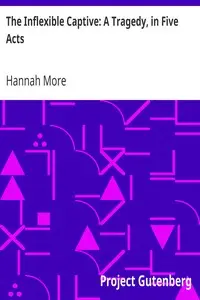
The Inflexible Captive: A Tragedy, in Five Acts
By Hannah More
Captured in war, a Roman general must choose between freedom and honor, a decision that could cost him everything.
Summary
About the AuthorHannah More was an English religious writer, philanthropist, poet, and playwright in the circle of Johnson, Reynolds and Garrick, who wrote on moral and religious subjects. Born in Bristol, she taught at a school her father founded there and began writing plays. She became involved in the London literary elite and a leading Bluestocking member. Her later plays and poetry became more evangelical. She joined a group opposing the slave trade. In the 1790s she wrote Cheap Repository Tracts on moral, religious and political topics, to distribute to the literate poor. Meanwhile, she broadened her links with schools she and her sister Martha had founded in rural Somerset. These curbed their teaching of the poor, allowing limited reading but no writing. More was noted for her political conservatism, being described as an anti-feminist, a "counter-revolutionary", or a conservative feminist.
Hannah More was an English religious writer, philanthropist, poet, and playwright in the circle of Johnson, Reynolds and Garrick, who wrote on moral and religious subjects. Born in Bristol, she taught at a school her father founded there and began writing plays. She became involved in the London literary elite and a leading Bluestocking member. Her later plays and poetry became more evangelical. She joined a group opposing the slave trade. In the 1790s she wrote Cheap Repository Tracts on moral, religious and political topics, to distribute to the literate poor. Meanwhile, she broadened her links with schools she and her sister Martha had founded in rural Somerset. These curbed their teaching of the poor, allowing limited reading but no writing. More was noted for her political conservatism, being described as an anti-feminist, a "counter-revolutionary", or a conservative feminist.

